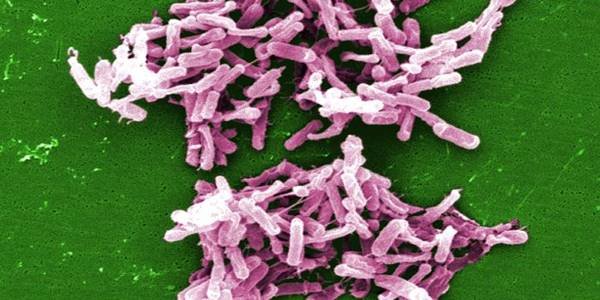When is it pointless to use probiotics and prebiotics?

Everyone probably knows that the gut microflora needs to be maintained. And if we do not take good enough care of it, it is possible to develop dysbacteriosis, and then it will be imperative to restore the disturbed balance in the intestines.
It is possible to do this with both yogurt and capsules. Yogurt is tastier, and the tablets contain a greater variety of beneficial bacteria.
But when choosing between the 2 options, we have to stick to common sense, that is, to base it on scientific research and not believe what is advertised.
What are probiotics?
The bacteria living in the human body are several times more than the cells of the organism itself and are several hundreds of species. They predominantly inhabit the digestive system and are most numerous in the intestines.
There, part of the bacteria help, for example, by digesting food, and another part deal with potentially dangerous ones, but they do not manifest themselves in any way, which allows them to “peacefully” exist with the rest.
Under the influence of antibiotics or some other medications, as well as in various diseases, the balance that was established between the microorganisms inhabiting the intestines is disturbed.
As a result, pathogenic microbes begin to multiply uncontrollably and can cause diarrhea, pain, flatulence, etc. In such cases, a diagnosis of “dysbacteriosis” is made.
But this is not an independent disease, but a symptom of some pathological process. And, of course, first of all, the cause must be discovered. But in certain cases, attempts to restore the intestinal microflora can be justified.
In such cases, probiotics are used – preparations containing useful bacteria, and prebiotics – substances with which these microorganisms feed. There are also methods of “transplantation” of feces, but at the moment it is rarely used.
When are they needed?
Although probiotics have received a lot of interest in recent years, their effectiveness has only been proven successfully in some cases. It can be said that apparently they actually help with antibiotic-associated diarrhea.
Since antibacterial preparations destroy bacteria, probiotics should be taken with an interval of 2 hours before or after the respective intake of the medication.
In children with diarrhea caused by rotaviruses, large doses of lactobacilli are effective, as the duration of the viral infection is shortened to half a day.
There is evidence that probiotics also help with irritable bowel syndrome, lactose intolerance, and complications from ulcerative colitis treatment. However, cases with these diseases require further investigations.
When is the use of probiotics pointless?
Recently it was found that these preparations do not affect the course of colic in children at all.
“Strengthening immunity” is also not a good idea.
In the European Union, in principle, it is forbidden in advertisements for probiotics and yogurts with “beneficial” bacteria to claim that they help reduce the likelihood of developing colds and improve the function of the immune system.
p>
This is because at the moment this action of theirs has not been proven, on the contrary, there is more evidence to the contrary.
Doctors also do not recommend to “maintain” the intestinal microflora with prophylactic intake of probiotics, because it just doesn’t make sense.



